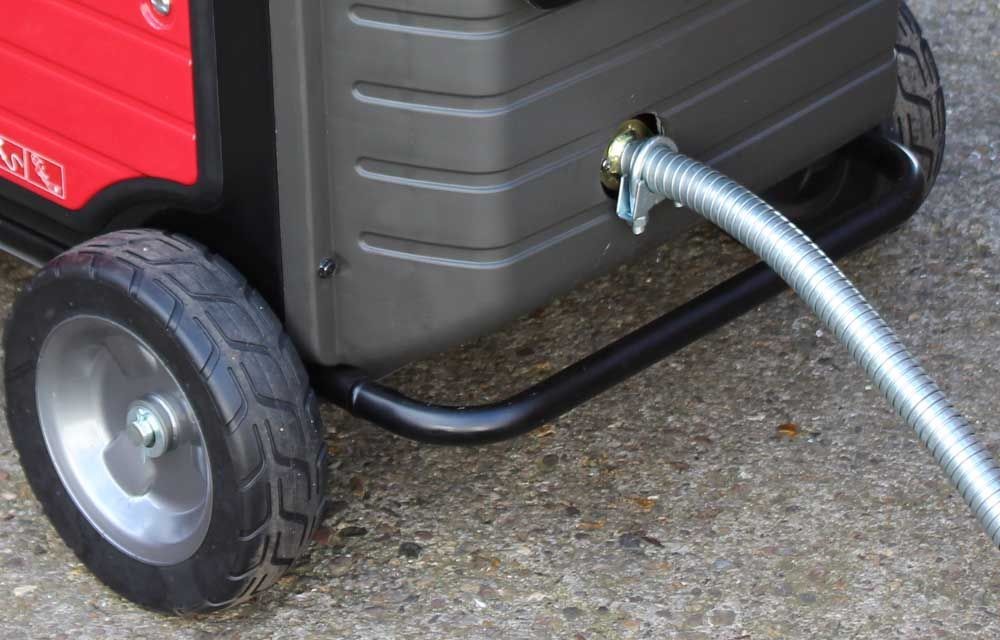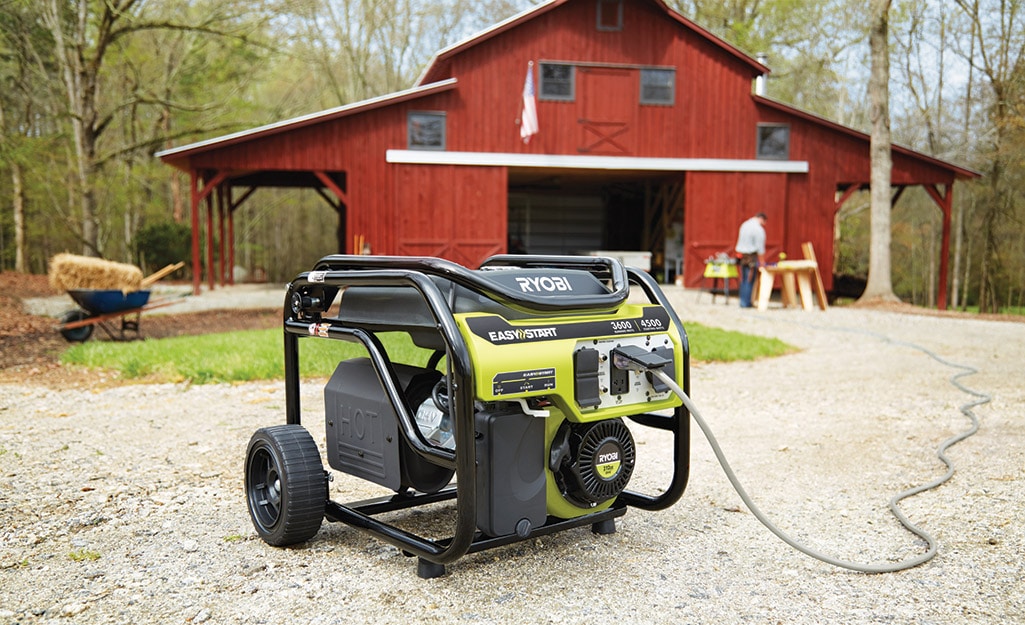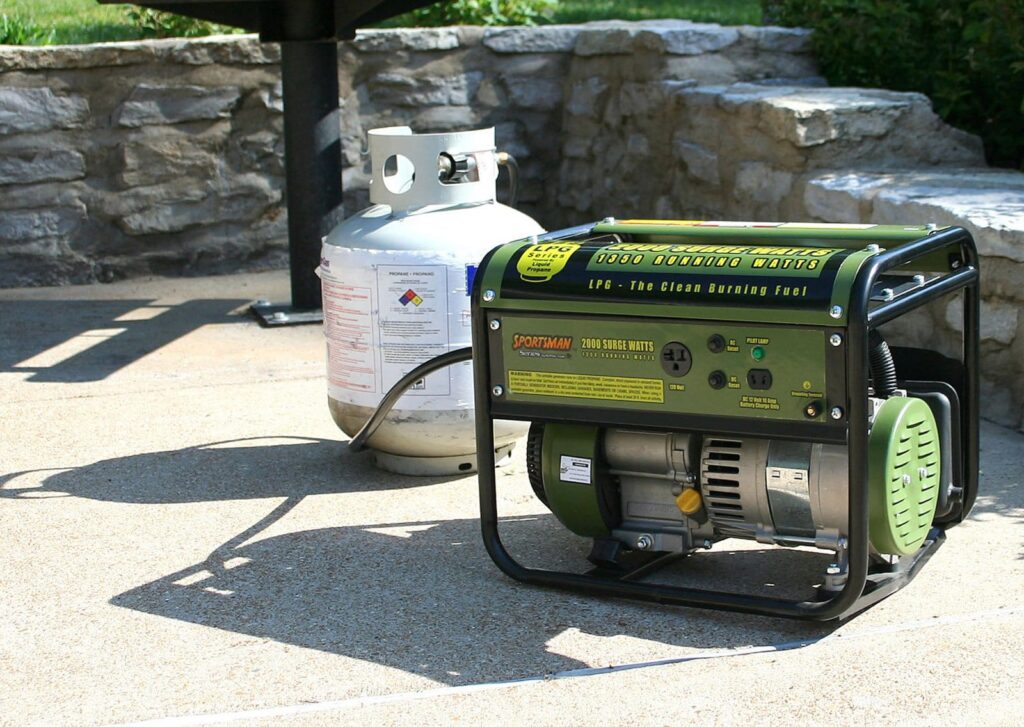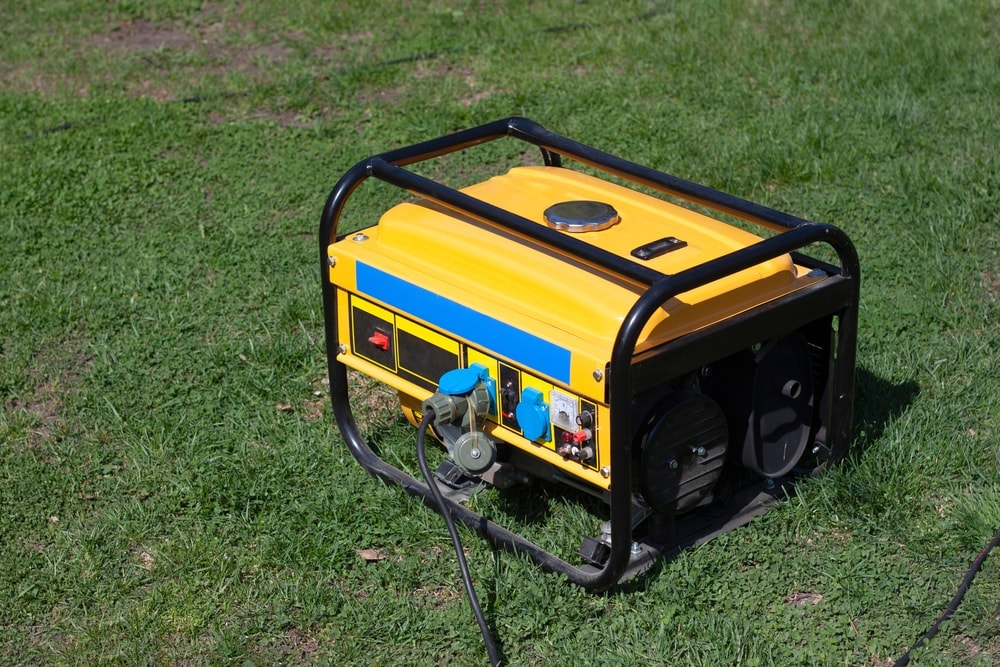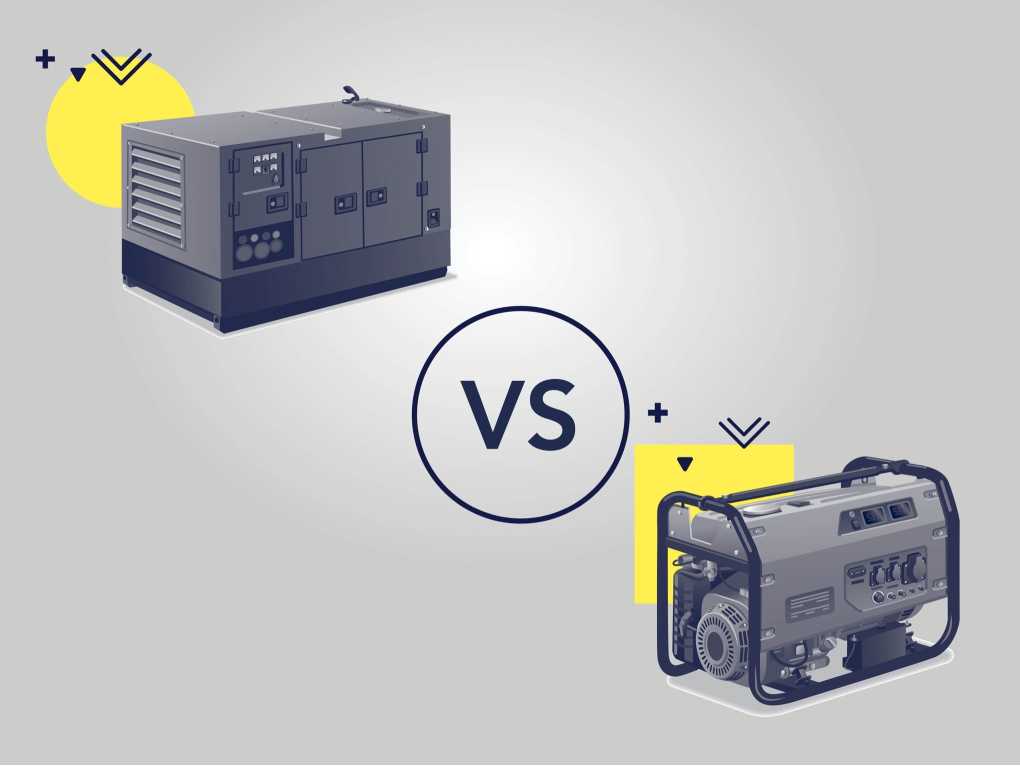A generator is supposed to work when you need it most. Whether the power has gone out, you’re in a cabin without electricity, or you’re on a construction site, being able to rely on your generator is key. That’s why it’s so frustrating if your generator won’t start. Before you panic, there is usually a simple explanation for the malfunction. If you can diagnose the problem, then fixing your generator will be all the easier. Here are some common reasons for your generator not starting.
It’s no secret that our world is changing. There are now more extreme weather events Trusted Source Weather-related disasters increase over past 50 years, causing more damage but fewer deaths A disaster related to a weather, climate or water hazard occurred every day on average over the past 50 years – killing 115 people and causing US$ 202 million in losses daily, according to a comprehensive new report from the World Meteorological Organization (WMO). public.wmo.int and because of this, it’s important to be prepared. Having a generator is a good start but knowing how to fix it if it won’t start is even better.
Even though a generator is meant to power appliances with electricity, you shouldn’t plug anything into the machine until it is actually on. While you may think you are getting a head start on powering your lights or a heater Trusted Source Prepare your home for an outage We can all take steps to prepare for an outage when we know it’s going to happen, but most often, power outages are caused by factors beyond our control – wind, lightning, motor vehicle accidents, and animals – and they can happen at any moment. That’s why it’s important to ensure you and your family are prepared for an outage year-round. www.bchydro.com , it’s important not to plug cables in just yet.
If you find that your generator isn’t working and you have mistakenly plugged cables into it, simply start over again. Turn the generator off, unplug the cables, and then turn it back on again.
Ok, this might seem like an overly obvious reason for why a gas generator won’t start but sometimes the simplest reason is the most likely. Generators rely on gas to operate and if there isn’t enough gas, then it won’t start.
Often generators are only used once or twice a year, so it can be hard to remember just what the previous fuel levels were. Furthermore, proactive owners will actually empty their generators of fuel before winter kicks in, as part of their annual maintenance. By being organized, you may set yourself up for failure if you forget about these actions.
If you are worried about always having fuel on-hand, you can try an inverter generator, such as WEN 56235iX 2350-Watt Portable Inverter Generator. Even though it uses some gas, it is more energy-efficient and your fuel will last a lot longer.
Another alternative is investing in a dual fuel generator. These run on both gas and propane, so if you have a low fuel level in one tank, you can still power your generator. This list of the best Champion dual fuel generator reviews can help you if this is the route you want to go in.
If you have enough gas in your generator, the next most logical explanation for it not starting is that the battery is dead. If you have a generator with an electric start, then you will need a powered battery for it to work.
Some generators will have an auxiliary recoil starter. If yours has this, try it out and if that part works, you can then charge the main battery.
Those that don’t have an auxiliary starter will have to charge their main generator battery a different way. Attaching jumper cables to your car’s battery is the simplest way. Hook the cables up, just as you would if charging a car’s battery.
Along with a lack of gas, another common reason or your generator not starting is a lack of oil. This can actually be a bit deceiving because generators will often shut off automatically if there is simply low oil. So, you may think you have enough oil in your machine but in reality, the sensor is not detecting enough to actually turn on.
The solution is simple. Try to always have an extra container of oil on, such as Pennzoil Conventional 10W-30 Motor Oil. Then, you can add in the new oil and quickly get started again.
The carburetor needs to run smoothly and if it is clogged, it can shut the whole generator down. While you should always remove old fuel and oil if you know you won’t be using your generator for a while, sometimes we get busy and forget this step.
Old oil and fuel can congeal, especially during cold winter months. If this happens, new fuel can’t move its way through the carburetor.
Cleaning is simple but a bit messy. Start by closing the fuel valve and then find the bowl that is at the bottom of the carburetor and then remove it. It’s best to use a brush and some old towels to clean any gunk. You can even use a needle or a toothpick to clean the tiny areas.
After everything is cleans, you can replace the parts. Then, turn the fuel valve on again and try the generator.
Getting your carburetor to start can be a tricky process as it needs just the right amount of airflow. The choke controls this flow. If the choke is completely closed, then the generator won’t start and likewise, you can have problems if it is too open.
Check the choke to see what position it is in. Close the choke all the way so that it is in a start position. Then, if your generator does turn on, you can slowly open the choke.
The one exception is if your generator stops working after it has already been running. In this case, move the choke to be open halfway as the engine will have produced some heat and needs more airflow.
Even the best generators can sometimes have issues with their spark plugs. These small pieces can become dirty over time, and the tiny bits of debris can stop them from working. Try to clean your spark plugs but also be aware that they can break and if this happens, you will need to replace them altogether.
The purpose of an air filter is to stop dust and debris from entering your generator. If the air filter is doing its job well and becomes full, then those fine particles can become trapped in the machine.
As part of your regular, annual maintenance, you should replace the air filter. Changing an air filter is a bit easier with portable generators as they are smaller in size. This is a good list of the best inverter generator options that are convenient yet still powerful.
We mentioned earlier that if there is low oil in the generator, it won’t turn on. Unfortunately, that sensor can malfunction so even if there is plenty of oil, the generator will think there isn’t.
First, make sure your generator is on an even surface. This way, the oil will be level and might not trigger the sensor.
Then, unplug any wires that connect to the engine’s crankcase. Try starting the generator. If it works, then the sensor was indeed the reason. Wait a few minutes and plug the wires back in. While this should restart the electronics, if it doesn’t you will have to get your generator repaired
It’s always frustrating when you need something and it doesn’t work. In the case of a generator, you might be really needing the heating and lighting capabilities it can offer. To help prevent a malfunctioning generator, always remove oil and gas if you won’t be using it for a while. Regularly inspect your generator and check for any clogging issues. There are many reasons why a generator won’t start and most of them are easy fixes. We hope with careful maintenance and a quick inspection you can have your trusty generator up and running.
